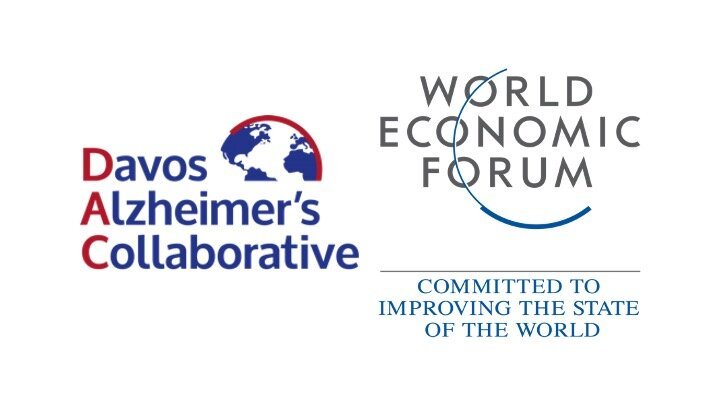The Davos Alzheimer’s Collaborative Hosts Visionary Roundtable at the World Economic Forum Annual Meeting 2024 to Drive Sea Change in How We Address Alzheimer’s
GENEVA, SWITZERLAND – JANUARY 17, 2024 – Yesterday, at the World Economic Forum Annual Meeting 2024 in Davos, Switzerland, the Davos Alzheimer’s Collaborative (DAC), the organization leading an unprecedented response to Alzheimer’s, hosted a dynamic roundtable discussion that drew patient advocates, leaders from international organizations, scientists, healthcare industry experts, policymakers, and visionary thought leaders from across the private and public sectors. The event underscored the immense impact that brain health has on human and societal well-being, productivity, and resilience.
Notably, participants from an array of disciplines and life experiences explored ideas for creative collaboration and action to advance brain health across the globe and human lifespan – from future immunotherapies and vaccines; speeding interventions from patients’ group’s perspectives; the efficacy of public-private partnerships; stepping up risk reduction and prevention education efforts; focusing on the disproportionate impact on women; and, to reinforcing the need for data-sharing efforts such as DAC’s partnership with the Gates Venture funded Alzheimer’s Disease Data Initiative (ADDI), and more.
“Today, we better understand what enables brain resilience and what can prevent Alzheimer’s,” said George Vradenburg, Founding Chairman of the Davos Alzheimer’s Collaborative. “Using that knowledge to foster brain health across the lifespan is pivotal to stopping Alzheimer’s. What’s more, as innovation accelerates and populations age, world leaders from the Global South and the Global North increasingly see brain capital and brain health as economic, societal, and policy imperatives. Governments, businesses, international organizations, and the scientific and advocacy communities everywhere are paying attention like never before. We have reached a critical inflection point for action.”
One approach to DAC’s brain education efforts was shared by Professor Zul Merali, founder of the Brain and Mind Institute at Aga Khan University. The program leverages community health workers to reach the population with brain health education, risk reduction and prevention information, early intervention and early detection of cognitive decline. “We are trying to change the model of care in Kenya so interventions and infrastructure is at the doorstep of communities. Half of the population in Kenya is under the age of 21, so we need to start early and work across the lifespan.”
The Brain Health Ambassadors Network
DAC also announced today the formation of a global network of distinguished Brain Health Ambassadors from across sectors who will commit their leadership and influence to the attention of governments around the world so Alzheimer’s disease and related dementias can be more effectively prevented, delayed and treated. His Excellency Luis Gallegos, Chairman of the Board of UNITAR and former Minister of Foreign Affairs of Ecuador, has stepped up to be the first inaugural Brain Health Ambassador.
The Davos Alzheimer’s Collaborative Vision
DAC is addressing the urgent need for sustained global collaboration and strengthened global architectures to drive brain health as a means of preventing Alzheimer’s. The OECD estimates that impaired brain health drains as much as $8.5 trillion a year from the global economy in lost productivity. This presents an immense opportunity to enable economic growth and global stability – but we must better understand the brain and provide access to tools and information to help people nurture brain health as part of One Health in every community, country, and health system.
DAC’s strategy links mid-life cardiometabolic and behavioural health solutions in primary care settings to prevent later-life diseases, swiftly and on a global scale. This work includes DAC’s partnership with the World-Wide Fingers network and its multi-million-dollar investments in more than 135 locations in over 62 countries to advance early detection of cognitive impairment, diversify global Alzheimer’s research, and to strengthen community health systems. With these programs, DAC is the largest global response of its kind, driving scientific discovery and aligning health systems to help people worldwide.
About the Davos Alzheimer’s Collaborative
The Davos Alzheimer’s Collaborative is the first multi-stakeholder collaborative working to prevent the economic, financial, and social devastation Alzheimer’s presents to patients, caregivers and healthcare infrastructures. Convened by The World Economic Forum and The Global CEO Initiative on Alzheimer’s Disease (CEOi) in 2021, DAC is fueled by a mission of service to the estimated 150 million families and half a billion people impacted by this disease by 2050.
To learn more about the Davos Alzheimer’s Collaborative’s work on brain health at the World Economic Forum, please visit our website.
Media Contact: Susan Oliver
soliver@davosalzheimerscollaborative.org | +1 (703) 216-4078

